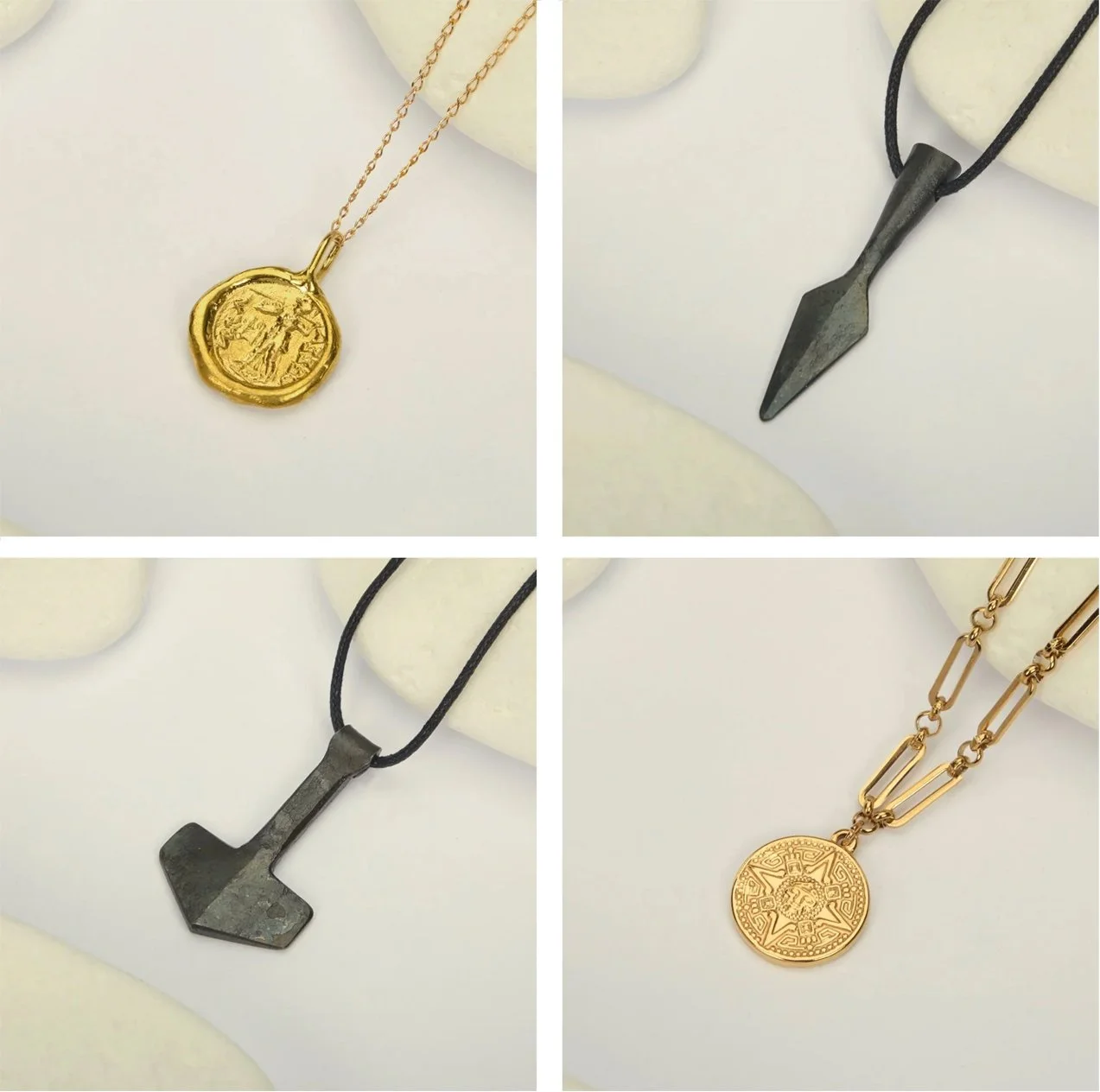MOLA (Museum of London Archaeology) is today celebrating the announcement that the CITiZAN (Coastal and Intertidal Zone Archaeological Network) project is to receive initial support from the Heritage Lottery Fund (HLF).
The public archaeology project aims to record the fragile, nationally important heritage of England’s coast and the foreshores of its tidal estuaries.
Dramatic changes in weather patterns, demonstrated all too clearly by recent storms, floods and tidal surges, threaten to destroy irreplaceable archaeological remains. Rising sea levels and constant pounding from high waves and intense winds mean much of England’s history is simply being washed away. The remains of prehistoric forests, Roman forts and villas, medieval ports, and countless abandoned ships are all at risk.
The CITiZAN project aims to create a national network of volunteers, providing them with the skills and systems to record, monitor and celebrate these highly significant but fragile archaeological sites. Initial funding from the HLF, coupled with matched funding from The Crown Estate, enables the team at MOLA to develop the project and submit a delivery grant application later this year to support a major three-year community programme.
The plan is to establish centres in London, York and Portsmouth, with future partners the Council for British Archaeology and the Nautical Archaeological Society and support from English Heritage. The resulting record will become a publicly available online resource.

CITiZAN plans to record 1,000s of sites at risk of erosion, including:
- Meols, Merseyside: a prehistoric Roman and medieval trading port on the north coast of the Wirral
- Chichester Harbour, Hampshire: Iron Age & Roman saltworking sites & the Roman port of Fishbourne
- Severn Estuary: with archaeological remains on Minehead, Blue Anchor, St Audrie’s & Stolford Bays
Taryn Nixon, Chief Executive of MOLA, said “We are thrilled at the HLF support for this project. We cannot halt the erosion or destruction of some of these sites but we can ensure that the information about the remains is not lost. By creating a standardised, web-based recording system and providing training and new skills, we see this as an extraordinary opportunity for people across the country to create a lasting record that will benefit us all for years to come.“
Bob Bewley, Director of Operations at HLF, said: “These are wonderful proposals! We were impressed that MOLA and partners have really thought about how best to engage volunteers in recording some of our most vulnerable coastal archaeology. This is another decisive step in ensuring our island’s heritage isn’t washed away. HLF’s initial support with development funding up front will enable this formidable partnership project to move forward with planning the project and we look forward to working closely with MOLA over the coming year.”
Gary Thompson, Coastal Manager at The Crown Estate, said: “The Crown Estate is currently funding part of the CITiZAN project through our marine stewardship fund; we recognise the importance of recording our coastal and marine history for future generations and are pleased that the Heritage Lottery Fund has matched our commitment. We look forward to continuing to support the project going forward.”
Header Image Credit : © Julian Robus
Contributing Source : MOLAS






